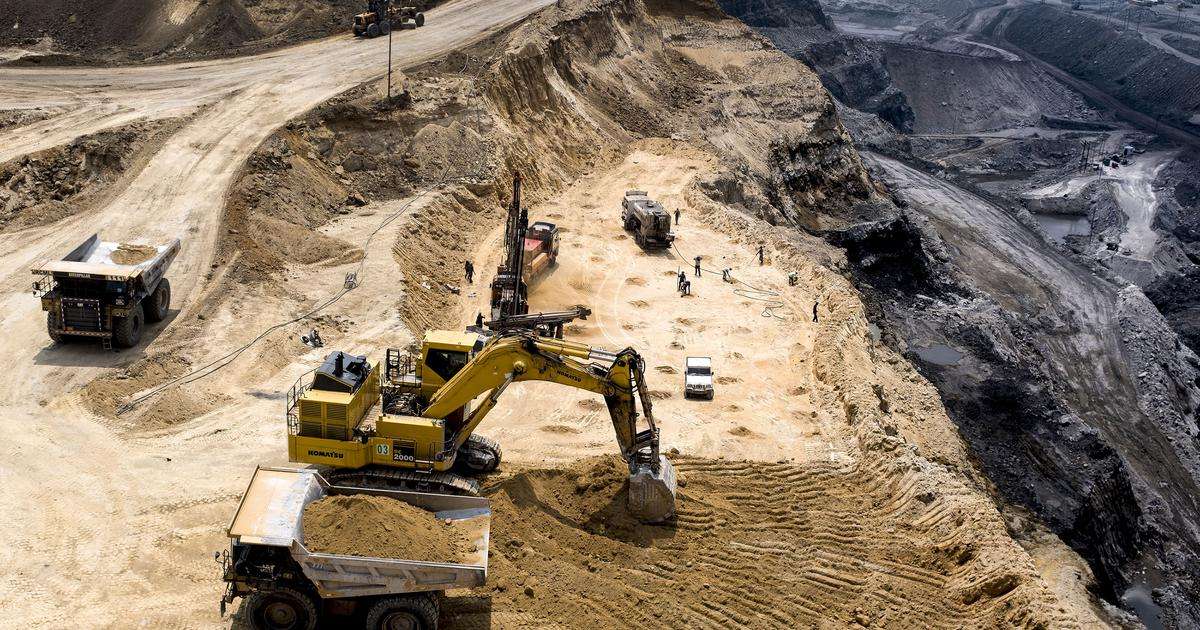As of June 2023, Indonesia will ban the export of its bauxite. The decision aims at accelerating local transformation of bauxite into alumina. Fifth largest producer of bauxite, the south-east asian country exports most of its production to China.
Through this measure, Jakarta wants to repeat its succes in transoforming locally nickel . In 2020, Indonesia forbade the export of nickel mined from its subsoil. This decision allowed the development of local industry resulting in more job opportuinites for the country.
« The Government encourages the local processing of natural resources. The export of raw materials will be reduced while industries focused on processing locally raw materials will be developped», said the country's president, Joko Widodo.
What impact for Guinea ?
The measure taken by Indonesia will not stay without consequences (in the good sense of the term) for Guinea, second largest producer (after Australia) and largest exporter of bauxite in the world. Guinea, already supplying about 60% of Chinese bauxite imports, will have to increase its production in order to satisfy the needs of China as a result of the bauxite export ban of Indonesia.
Prior to the decision of Indonesia to ban its bauxite export, the Guinean bauxite was already in high demand by China. In November 2022, Guinean bauxite exports towards China increased by 65%. According to the Shanghai Metals Market, quoting Chinese customs sources, out of the 11.79 million tons of bauxite imported by China in November 2022, 7.28 million tons came from Guinea, that is a 65% increase as compared to October 2022.
Would Guinean authorities just content themselves to increase their bauxite exports as a result of Indonesia's export ban decision, or will they be smart enough to follow the example and move from natural resources export to local transformation? Time will tell.

